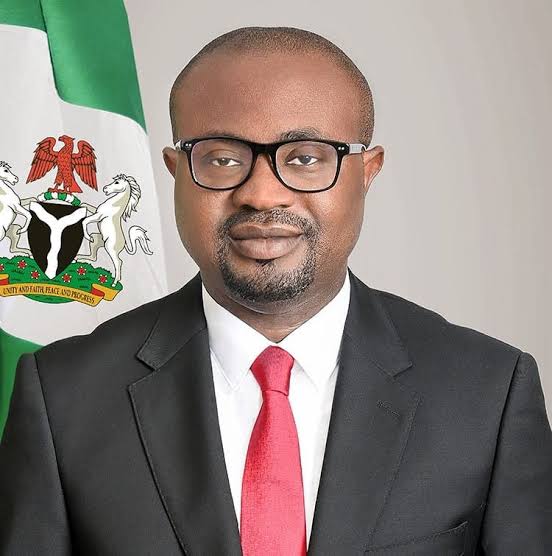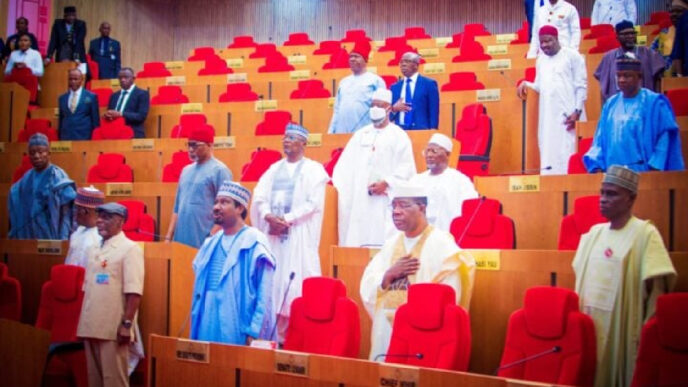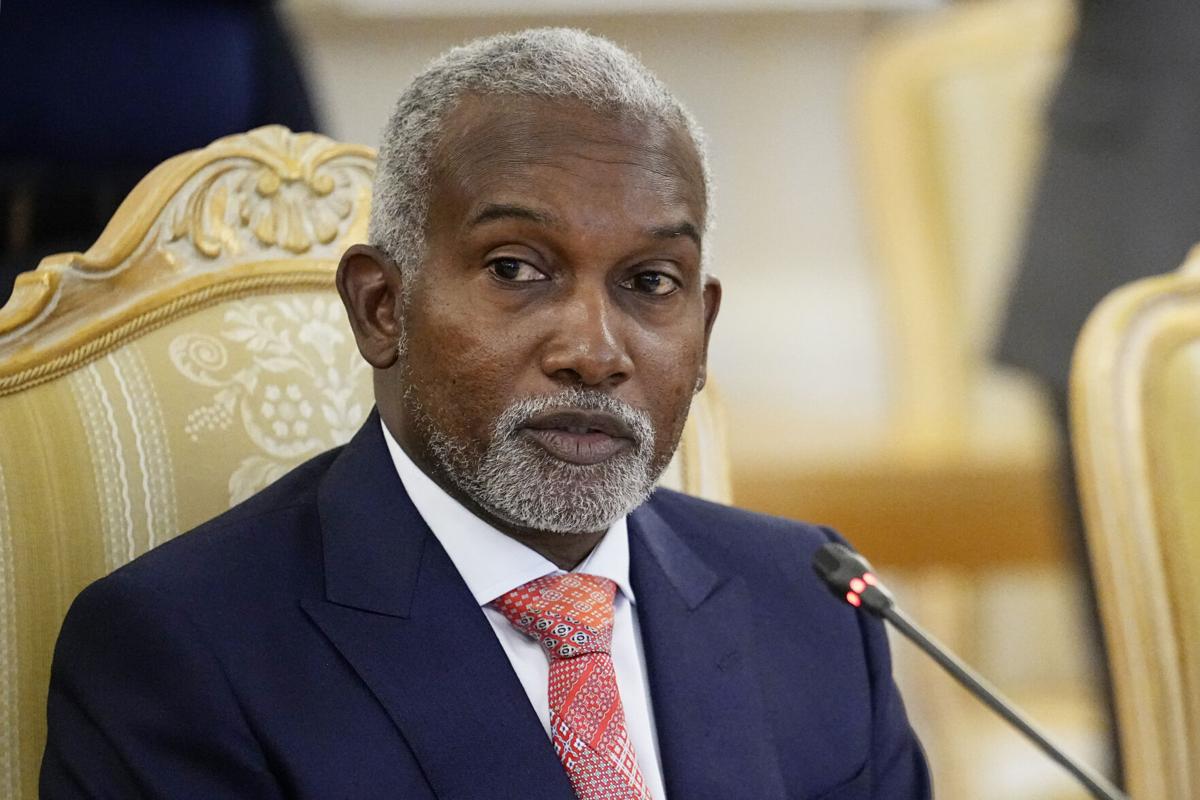Olubunmi Tunji-Ojo, Minister of Interior has revealed that criminals on International Criminal Police Organisation (Interpol) red notice list at Nigerian airports have been arrested at the nation’s airports.
Gatekeepers News reports that the minister said the arrests are a result of federal government’s investment in surveillance and intelligence-gathering equipment.
Tunji-Ojo spoke on Tuesday at a regional workshop on maritime border security held in Lagos, with its theme: ‘Regional Maritime Border Security in the Context of Counter Terrorism in the Gulf of Guinea’.
The minister noted that the criminals originated from several countries, including Italy and the Republic of Ireland.
He said, “I can tell you that to a large extent, we have built a robust database, and we are reaping the fruits of that. Now, it will interest you that a couple of weeks ago, within two days, a lot of people on the Interpol and red list were arrested at our airports. It means that these people would have come in.”
“One came from Italy, one came from Ireland, the other one, I think, from a couple of countries. These people would have come into Nigeria 18 years ago, but now we know that in terms of our air terminals, they are in sync because it’s integrated into the central system.”
The minister noted that Nigeria now operates an Advanced Passenger Information (API) system that allows immigration officers to profile passengers coming into the country.
He said, “Before now, we were one of the few countries without an API solution, without the opportunity for our immigration officers to pre-profile people coming into Nigeria, not being able to query their background, query their record system, query their antecedents and their travel history.”
“We never had that capacity before President Bola Tinubu came on board, but today, I tell you, NIS has that, so if you’re coming into Nigeria today, before you come, we know everything about you.”
“We’ve queried you, we know where you’re coming from, and we can tell from their aspect, we’re now fulfilling our international obligations to our international colleagues by being able to uphold the tenets of UN resolution of the API solution that we have at the moment.”











